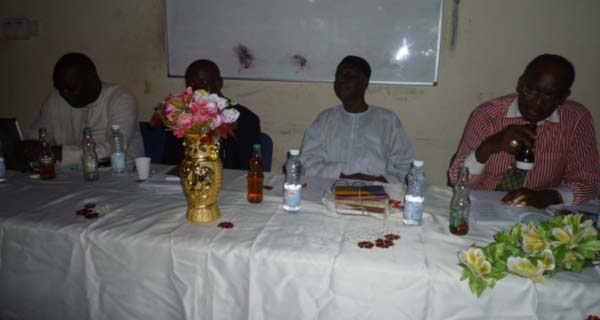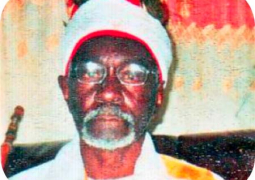
The launching ceremony included paper presentation, debate, as well as the role of government, school authorities and parents in promoting quality education.
The West African Foundation for the Advancement of Education was established in 2013 as a non-governmental, non-profit, impartial, and non-partisan organization which seeks to promote the rights to education.
In his welcoming speech, Morlai Richard Kelvin Kamara, Chairperson of the Board for West African Foundation for Advancement of Education, said the official launching of the foundation in The Gambia was historic as the foundation covers five West African countries, namely The Gambia, Nigeria, Ghana, Sierra Leone and Liberia.
Kamara told the participants that the West African Foundation for the Advancement of Education was established in 2013 as a non-governmental, non-profit making, impartial, and non-partisan organization that operates in perpetuity.
Since its establishment, it has been at the forefront of promoting and protecting the rights to education, he said.
Chairperson Kamara further said that the main objective of the foundation was to promote, protect and preserve the rights, interest and well-being of school-going children through the use of legal framework by building preventive strategy to ensure that children have access to education.
This objective was actualised through education and training enlightenment campaigns, advocacy and policy development, publishing and information resources, counselling and provision of scholarship for needy students in The Gambia, Nigeria, Ghana, Sierra Leone and Liberia, he added.
Mr Kamara added that the benefits of education towards ensuring a better life are numerous and they could change the lives of people like girls or other vulnerable groups such as orphans or children with disability.
The rights of these groups are covered by international conventions and declarations and member states have responded by signing such treaties enacting laws and policies that protect the interests of such people as children and women, Kamara said.
He said article 28 of the Convention on the Rights of the Child (CRC) states that state parties should recognize the right of the child to education and should make primary education compulsory, available and free for all.
Even the 1997 Constitution of The Gambia, the supreme law of the country, guarantees every child’s right to free and compulsory basic education, he stated.
Other speakers at the ceremony included Gaye Sowe, senior legal officer, Institute for Human Rights and Development in Africa (IHRDA), and Dr Henry DR Carol.




